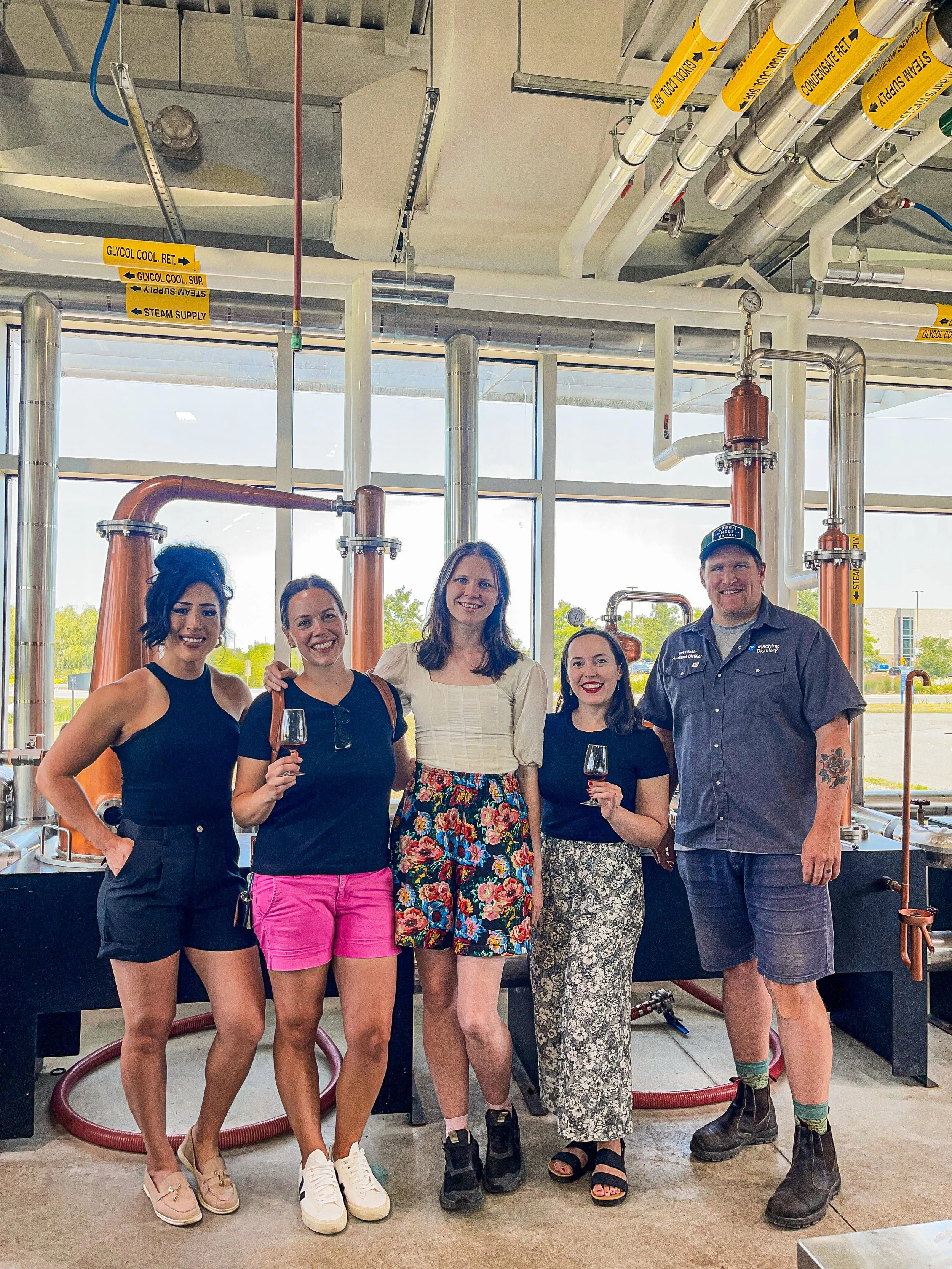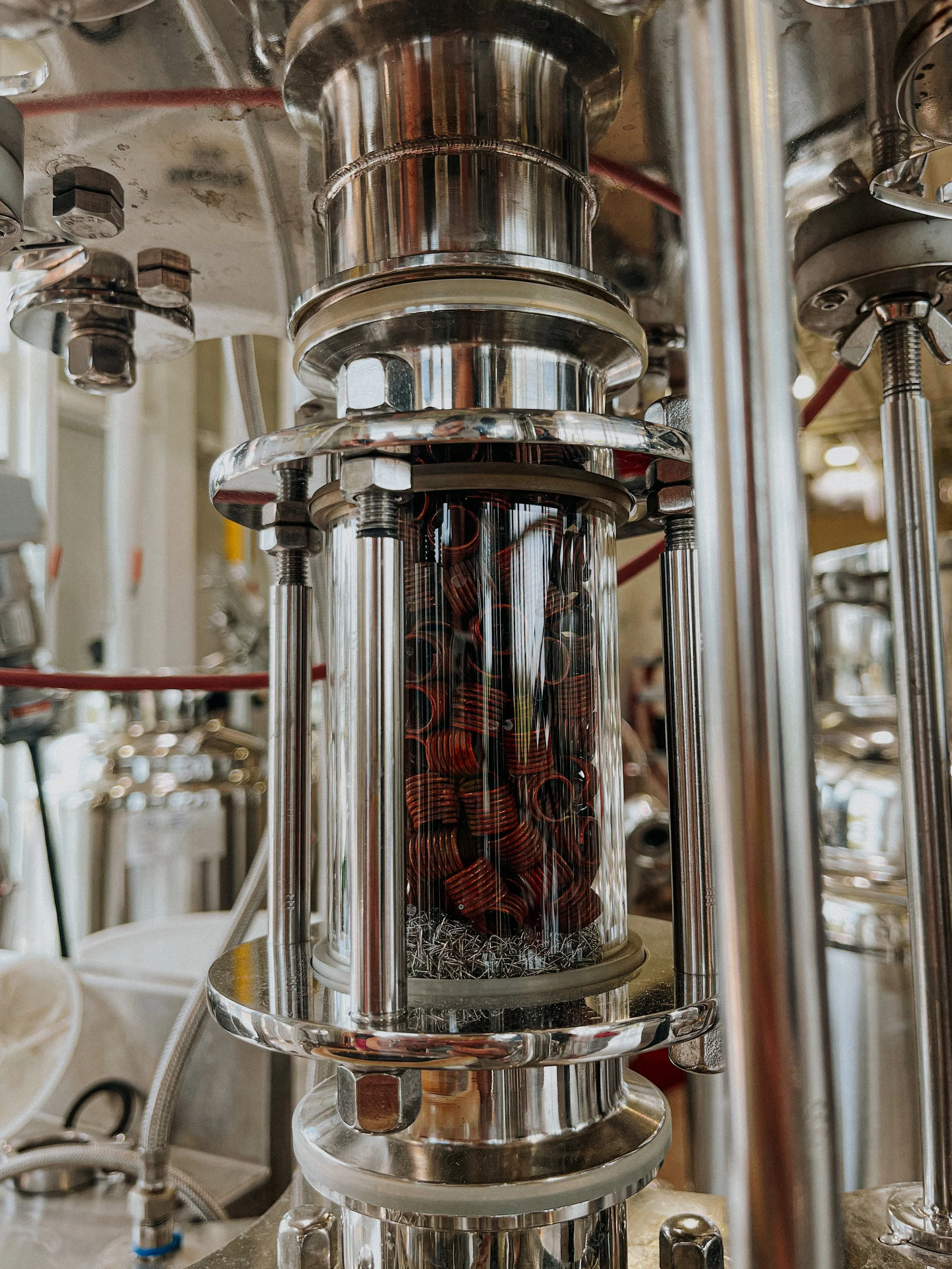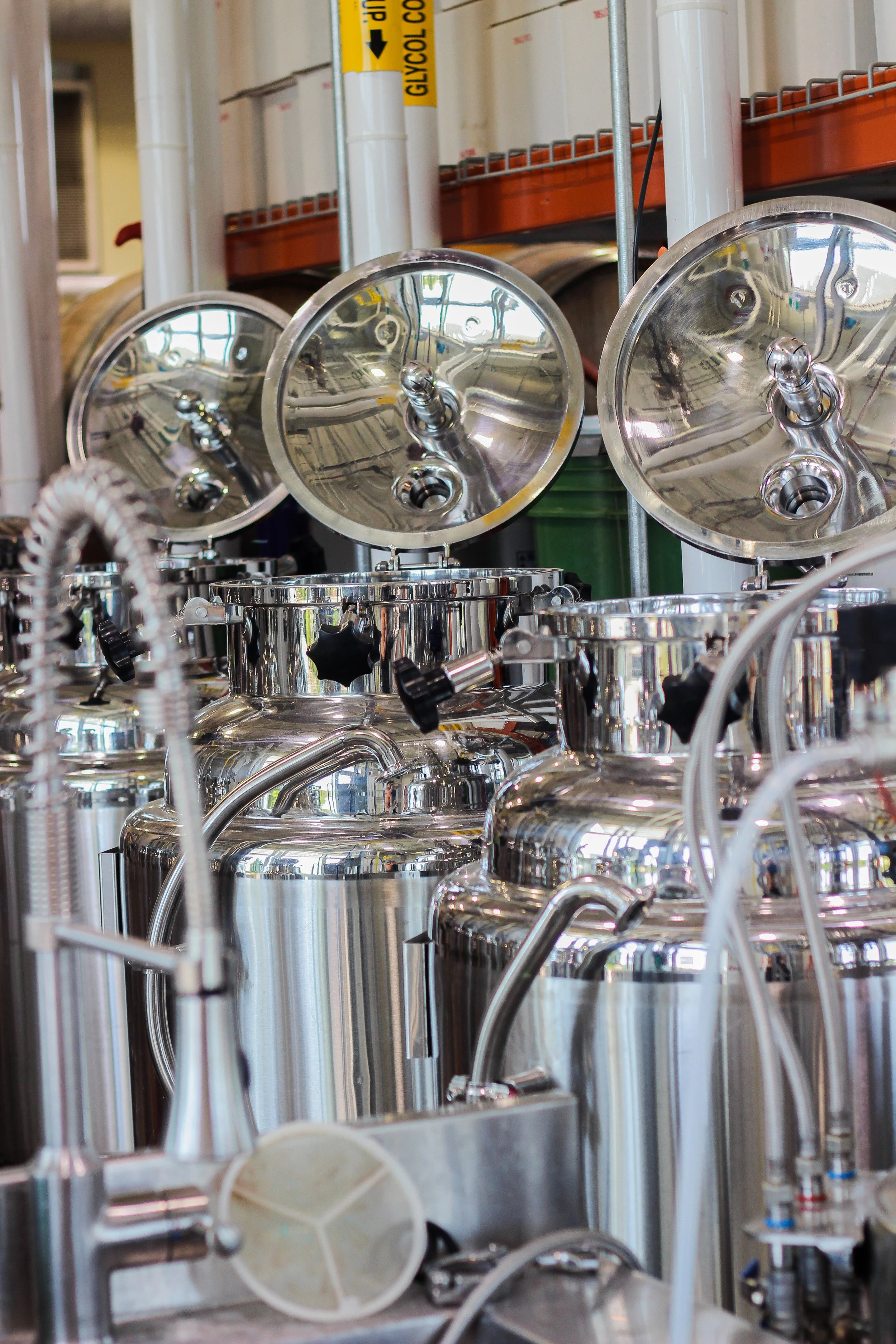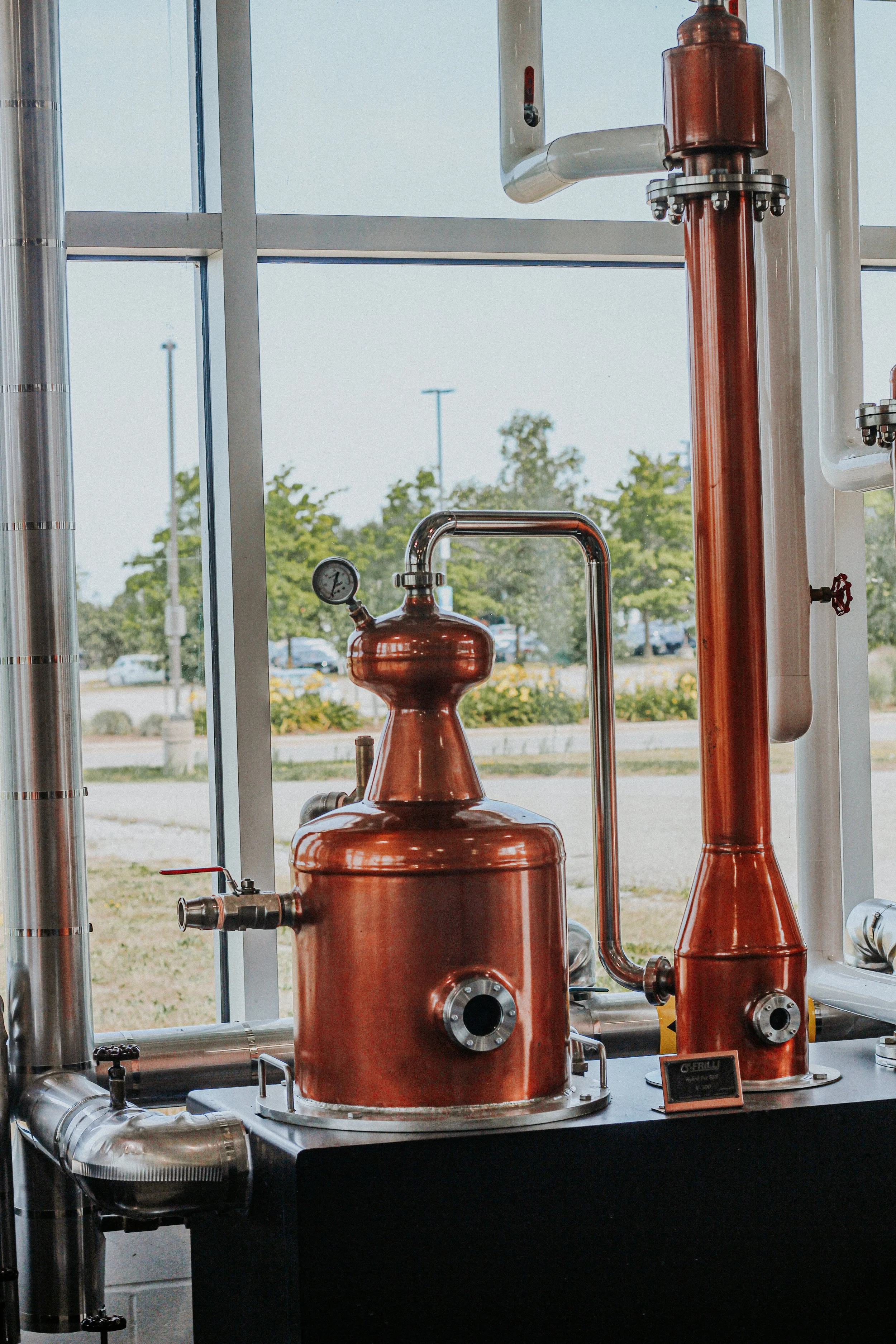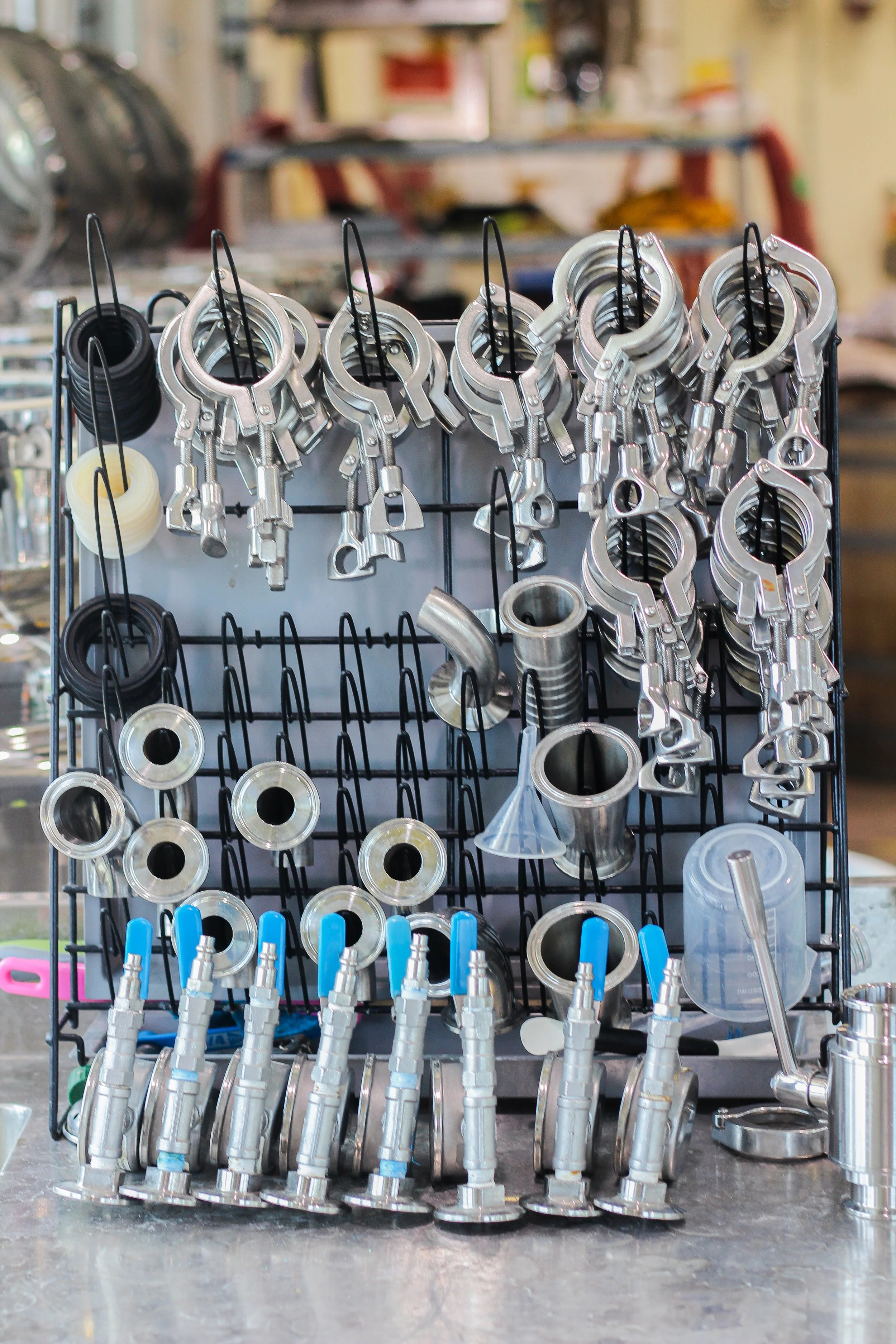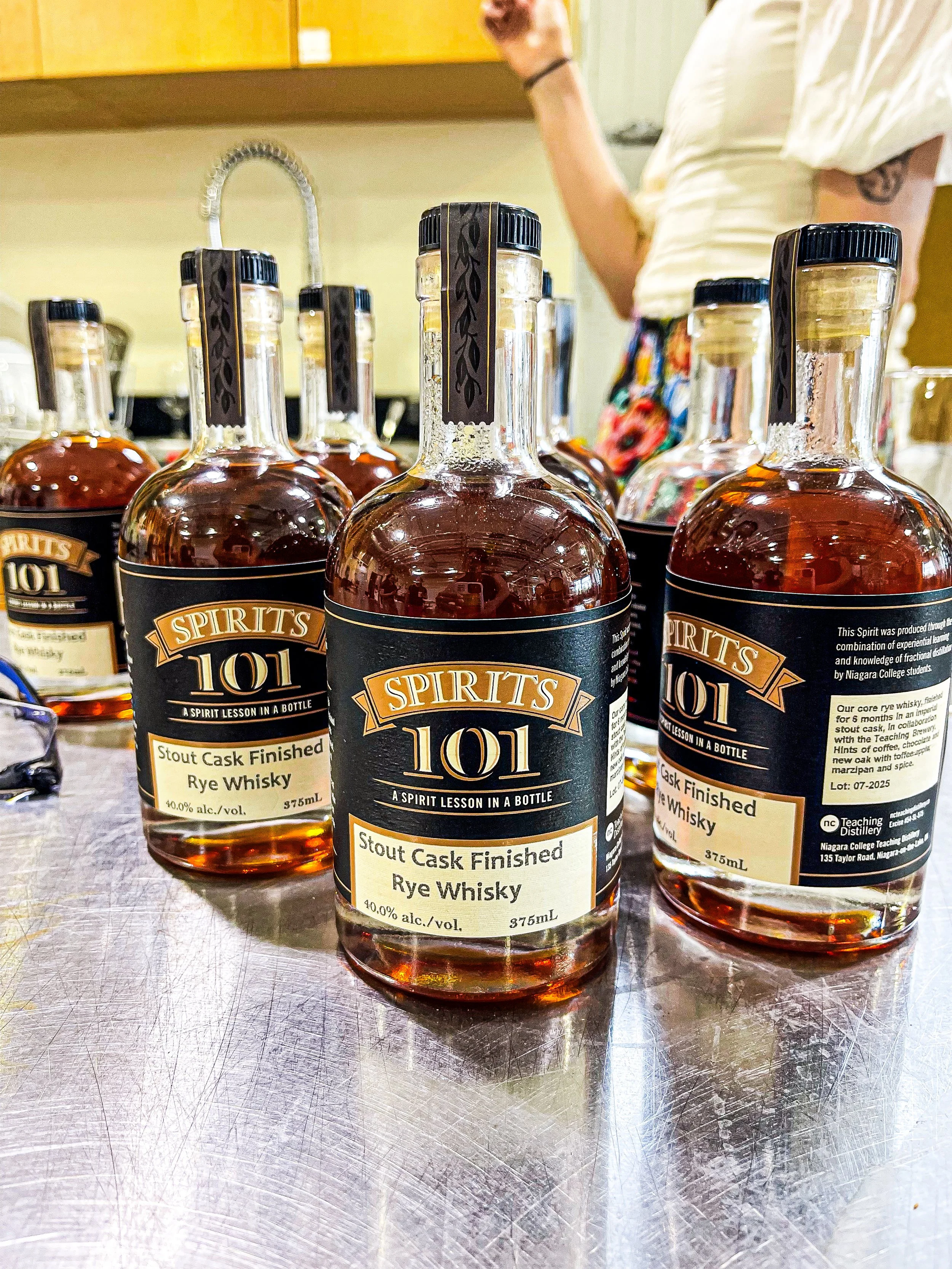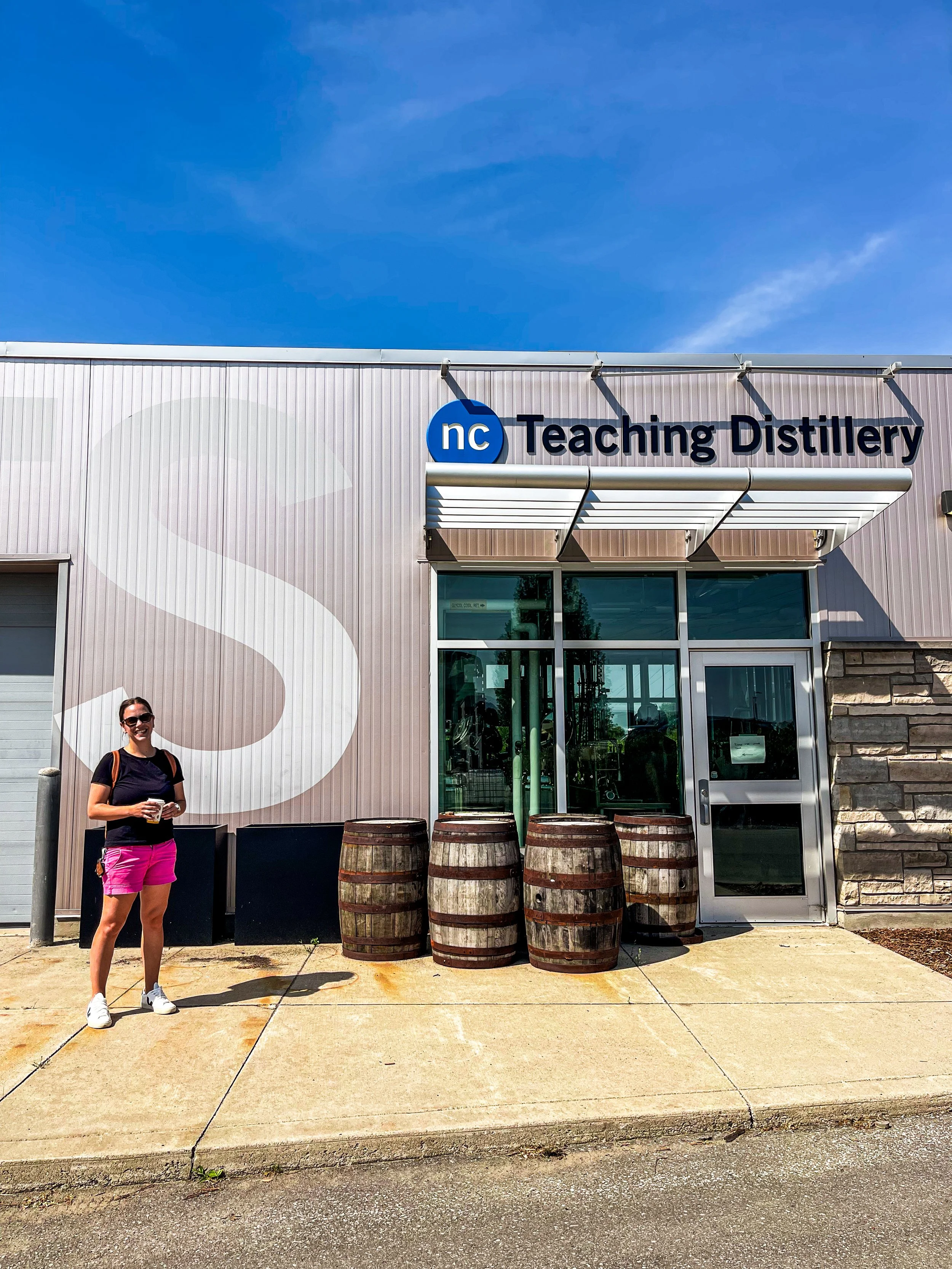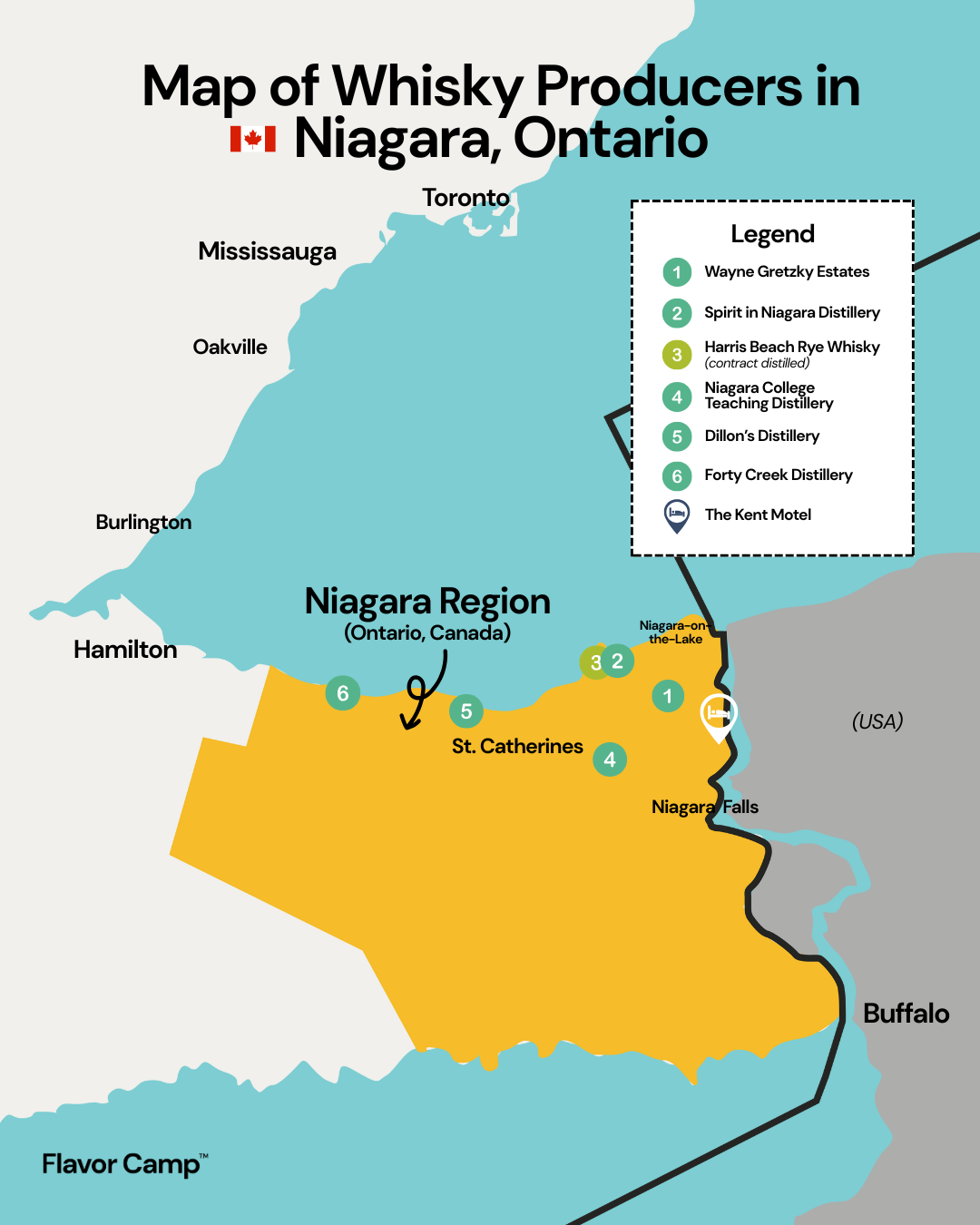Field Note 005: Higher Proof Education
Written & Photos By Reece SimsOverview: In the heart of Ontario wine country, Niagara College has built something rare: a teaching distillery where education doesn’t stop at theory. Here, students learn the science, art, and business of distilling and graduate with more than a certificate. They leave having made a real spirit that’s been bottled, labeled, and sold.
Date: July 29, 2025 [11:30 am – 1:00 pm EST]
Location: Niagara College Teaching Distillery, Niagara-on-the-Lake, ON
The People & Places: Assistant Distiller Ian Bickle & Program Coordinator & Professor Andrea Fujarczuk
Flavors in Focus: Stout Cask Finished Rye Whisky: A student capstone project brought to life.
Reflections:
This program doesn’t just simulate distilling; it demands it. Students graduate not only with knowledge but with proof of concept in a bottle. Niagara College is training a new wave of distillers to think like scientists, creators, and entrepreneurs, reshaping Canada’s flavour landscape one capstone at a time.
Niagara-on-the-Lake in midsummer feels like a sensory classroom of its own. Vineyards stretch across the campus edges, fruit orchards hum with bees, and the warm air carries a faint yeasty note from the nearby Teaching Brewery. At the center of it all sits Niagara College’s Teaching Distillery. It’s the first of its kind in Canada and where the craft of distilling isn’t just studied, but lived.
We were greeted by Assistant Distiller Ian Bickle, who walked us through the facility with the easy confidence of someone who’s spent more hours than he can count in front of stills, fermenters, and bottling lines. And of course, our full Niagara touring experience I spent with Andrea Fujarczuk, who just so happens to be the Program Coordinator and Professor at Niagara College for the Artisan Distilling Program.
Distilling Down Knowledge
The Artisan Distilling Graduate Certificate is a one-year sprint that mixes classroom learning with the practical demands of a working distillery. Students don’t just read about distillation, they fire up the stills, tweak mash bills, and troubleshoot fermentation hiccups in real time. Courses cover everything from distillery operations and sensory analysis to regulatory law, business planning, and quality control.
What sets this program apart, Ian explained, is the capstone project. Students take an idea from concept to glass, building a recipe, designing a business plan, and then producing a limited batch that’s actually bottled and sold. Few programs in the world allow students to see their work become a salable product on the shelf, and it’s that tangible step that pushes graduates to think like both distillers and entrepreneurs.
In the Glass
We tasted one such capstone creation: a Stout Cask Finished Rye Whisky.
On the nose, the rye’s bright spice carried an unexpected roasted depth. Think cocoa powder, espresso grounds, a touch of charred malt. The palate followed through with toasted grain and dark chocolate, layered over rye’s classic peppery backbone. The finish was long, slightly bitter like good black coffee, balanced by a malty sweetness that pulled everything into focus.
It wasn’t just an experiment. It was a whisky with a point of view, proof that when given the tools, the next generation of distillers can produce spirits that surprise even seasoned palates.
My quick Flavor Camp Taste Profile for it would be:
Primary Roasted / Secondary Spiced & Baked
Final Sip
Walking out of the Teaching Distillery, it was hard not to feel like we’d stepped into a training ground for the future of Canadian spirits. This isn’t a mock-up or a simulation. It’s a living, breathing production space where learning happens by doing, mistakes turn into lessons, and ideas transform into bottles you can actually take home.
Fast Facts: Niagara College Artisan Distilling Program
Program Length: 1-Year Graduate Certificate
Hands-On Learning: Canada’s first Teaching Distillery, with students running full production cycles — from mashing and fermentation to distillation, aging, and packaging.
Capstone Advantage: Final projects become real, salable spirits bottled in limited runs, giving students the rare chance to see their ideas cross into the marketplace.
Curriculum Highlights:
Distillery Operations & Practical Distilling
Sensory Analysis & Quality Control
Distillation Science & Spirit Analysis
Regulatory & Business Management
Unique Edge: Located in Niagara-on-the-Lake’s “living lab” campus, alongside the Teaching Winery, Teaching Brewery, hop yard, vineyard, and orchard — making it the only program of its kind in Canada that’s fully immersed in a beverage-to-table ecosystem.
This Field Note is part of a series as we explore whisky producers in the Niagara Region of Ontario, Canada.
